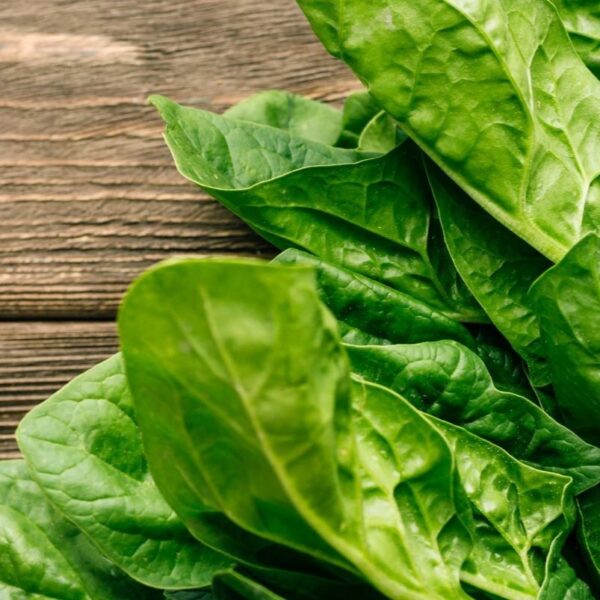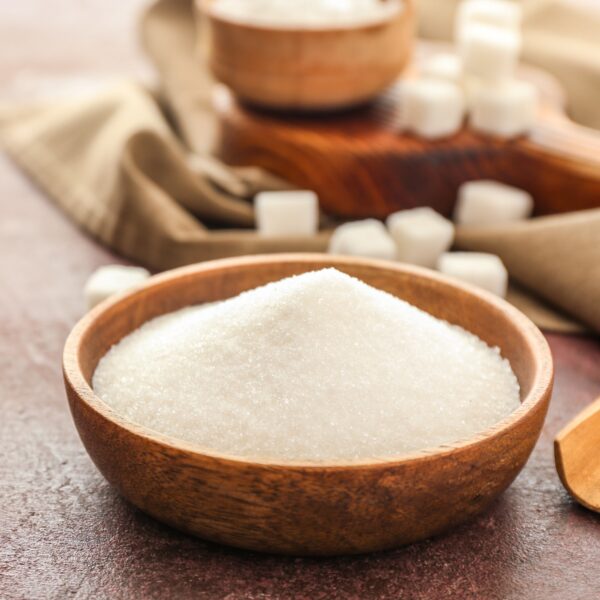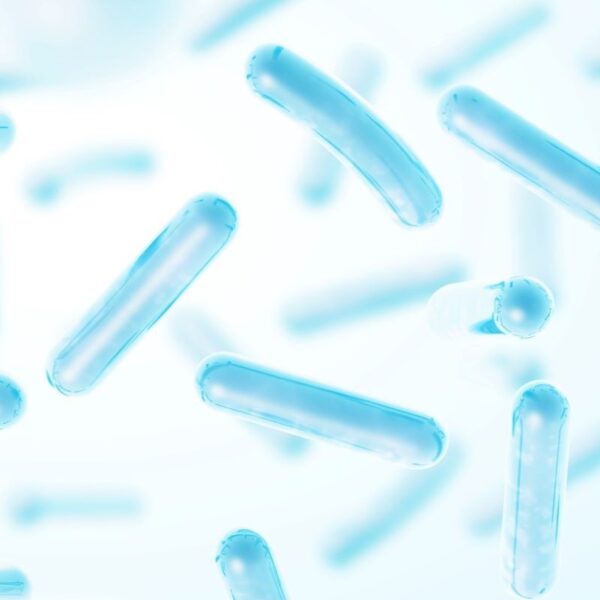CBD has been researched extensively for its health and wellness benefits and has become popular for various uses. CBD distillate is a distilled extract from the hemp plant with exceptionally high cannabidiol content. CBD distillate is typically preferred for the formulation of supplements and nutraceuticals due to its purity, potency, clear appearance, flavor profile, and consistency.
What is CBD Distillate?
CBD distillate is a purified form of cannabidiol that has been refined to remove the impurities and THC. It is a golden oil with a slightly hemp-like aroma and flavor if vaporized. Typically, 70-80% of CBD distillate is cannabidiol, while the remainder consists of other hemp plant substances, such as flavonoids, terpenes, and other cannabinoids, which may include trace amounts of THC. Due to the presence of these other substances, CBD distillates have an entourage effect, which helps in maximizing the health benefits of CBD.
Source: ResearchGate
How is CBD Distillate Produced?
After oil is extracted from the hemp plant, it must be purified to create a distillate. The distillation process separates the desirable components, such as cannabinoids, terpenes, and flavonoids, from the undesirable substances, like fats, waxes, and pigments. In the distillation process, the extract is heated to a specific temperature to vaporize CBD and other valuable components, followed by rapid condensation.
Use of CBD Distillate in Food & Nutrition
CBD distillate is generally considered to have greater therapeutic benefit than CBD isolate due to the other hemp components retained in distillates, which are removed from isolates. CBD distillate has been found to have a variety of health benefits. Here are a few of them.
- Antioxidant Properties: CBD reduces lipid and protein modification because CBD is an antioxidant. In a study, CBD supplementation reduced lipid peroxidation as measured by MDA levels in mouse hippocampal (HT22) neuronal cells depleted of oxygen and glucose under reperfusion conditions.
- Anti-Inflammatory Properties: The same study mentioned above observed that, with regular dosage of CBD, there was an increase in the activity of glutathione peroxidase and reductase, resulting in a decrease in malonaldehyde (MDA) levels. MDA levels were six times higher in untreated patients, so CBD significantly reduced inflammation.
- Pain Relief: CBD can increase the body’s levels of anandamide, a compound associated with regulating pain. This can reduce pain perception and improve mood. A study on patient-reported effects of CBD on pain revealed that the majority responded that these products helped their pain (59.0%) and allowed them to reduce their pain medications (67.6%), including opioids (53.7%).
- Treatment of Seizures: While it is always recommended to consult with medical professionals to treat any health condition, some neurologists support using CBD for patients with epilepsy who haven’t responded to traditional therapies. A study on the use of cannabidiol in the treatment of epilepsy found that the compound showed efficacy as an anti-seizure, antipsychotic, neuroprotective, antidepressant, and anxiolytic. The neuroprotective activity appears linked to its excellent anti-inflammatory and antioxidant properties. Another study found that CBD blocked signals from a molecule called lysophosphatidylinositol (LPI). LPI is thought to amplify nerve signals as part of normal function, but disease can hijack this process to promote seizures.
Product Examples
CBD distillate is used in oral formulations to add to food, supplements, and nutraceuticals.
| Food | CBD-Infused Bakery Products, CBD-Infused Candies, CBD-Infused Functional Beverages, CBD-Infused Confectionaries |
| Supplements & Nutraceuticals | CBD Tinctures, CBD Tablets or Capsules, CBD Softgels |
Properties of CBD Distillate
| Molecular Weight (CBD) | 314.47 g/mol |
| Storage Temperature | Stored in room temperature: 16-21°C |
| Solubility in Water | 12.6 mg/L |
| Physical Form | Golden, viscous oil |
| Melting Point | 67.5 °C ± 0.3 |
| Vapor Pressure | 3.20×10−5 Pa |
Typical Formulations
Cannabis-Infused Butter
The following CBD formulation can be incorporated into butter:
| Cannabinoid | Concentration |
| CBC | 59.4 mg/27 g |
| CBD | 359 mg/27 g |
| CBDA | 130 mg/27 g |
| CBDV | 2.61 mg/27 g |
| CBG | 7.8 mg/27 g |
| CBGA | 2.66 mg/27 g |
| CBN | 1.6 mg/27 g |
| THC-8 | – |
| THC-9 | 26.5 mg/27 g |
| THCA | 11.6 mg/27 g |
| THCV | – |
Source: Google Patents
CBD Distillate Formulation Considerations
Infusion into Water-Based Formulations
CBD has very low solubility in water due to its high lipophilicity. However, it is possible to make water-soluble CBD formulations by emulsifying CBD distillate. When CBD distillate is broken down into tiny nanoparticles, they remain suspended in water, forming a nanoemulsion. There are many ways of breaking CBD oil into nanoparticles, but the most effective and common is using high-shear mixers or high-energy ultrasonic sound waves. These processes break down CBD oil into small enough particles for homogenous suspension in water, where they remain stable for quite some time.
Side Effects of Using CBD Distillate
Several human studies on using CBD for treating epilepsy and psychiatric disorders reported CBD-induced drug-drug interactions, hepatic abnormalities, diarrhea, fatigue, and vomiting. Adverse events (AEs) and potential drug-drug interactions must be considered by clinicians before recommending off-label CBD. CBD can also cause other adverse health effects, including dry mouth, low blood pressure, lightheadedness, and drowsiness. Signs of liver injury have also been reported with high doses of CBD drugs and supplements.
Dosage Information
There is no proven guideline for dosing CBD Oil in kids, teens, or adults. Typically, a dose for an adult will be between 15-30 mg. The recommended dosage is often higher for those with pain and inflammation. With the guidance of a healthcare provider, a specific prescription CBD product (Epidiolex) has been used at higher doses of 100 mg per milliliter of solution and for longer durations. Ideal dosage is based on individual body weight, body chemistry, tolerance, and treatment goals.
Safety and Regulatory Considerations
| FDA Information | According to FDA regulations, under section 201(ff)(3)(B) of the FD&C Act, there is no evidence that THC and CBD products are excluded from the dietary supplement definition. After the Agriculture Improvement Act of 2018, federal restrictions on the cultivation of hemp were removed. Hemp is no longer subject to regulation and oversight as a controlled substance by the DEA. It is now subject to regulation and oversight as an agricultural commodity by the U.S. Department of Agriculture (USDA). |
| Canada Information | CBD and CBD-containing products must abide by the regulations set by the Canadian Cannabis Act as follows: Manufacturers must have a processing license to manufacture products containing CBD for sale, irrespective of the source of the CBD. CBD and products containing CBD, such as cannabis oil, may only be sold by a provincially or territorially authorized cannabis retailer or a federally licensed seller of cannabis for medical purposes. |
| Asia Information | – China allowed cannabis cultivation in two provinces (Yunnan and Heilongjiang) in 2010. In 2018, Jilin became the third province to approve cannabis cultivation. In China, CBD is not registered on the drug list. However, CBD products in China can only be used in cosmetics, not as a food additive or supplement. In Japan, under the Cannabis Control Law, CBD derived from industrial hemp is legal, but it cannot contain any THC. Currently, almost no company allows the export of CBD to Japan. There are two licenses to grow industrial hemp in Japan legally: License to grow low-THC hemp (<1%) for fiber and seeds but does not include hemp cultivation for medicinal use. – Scientific research license (difficult to obtain): The Indian federal government allows its states to formulate cannabis cultivation rules. India is formulating new regulations to regulate hemp (<0.3% THC) as a crop. In July 2018, Uttarakhand State authorized the Indian Industrial Hemp Association (IIHA) to grow hemp. Uttar Pradesh is the second state to allow cannabis research and cultivation. In 2017, the government authorized the Council for Scientific and Industrial Research (CSIR) to grow cannabis for medical and scientific research. CSIR cooperates with Bombay Hemp Company (BOHECO). The committee is developing three cannabis-based drugs to treat cancer, epilepsy, and sickle cell anemia. |
Fun Facts About CBD Distillate
- Reputable CBD distillate producers rigorously test their products in third-party laboratories to ensure accurate labeling, purity, and absence of contaminants. These lab reports are often available to consumers upon request.
- Some manufacturers offer custom formulations of CBD distillate where the ratios of different cannabinoids can be adjusted. This allows consumers to target specific effects or preferences.
Additional Resources
- News Direct – What is CBD Distillate?
- Extract Labs – What is Distillate and How Do I Use It?
- Becarre Natural – Broad Spectrum Distillate
- Abundant Labs – CBD Isolate vs. CBD Distillate
- Wikipedia – Cannabidiol
- BigCommerce – CBD Sourcing and Manufacturers
- Precision Extraction – Making Cannabis Distillate
- NCBI – Article on Cannabis Effects
- Medical News Today – Cannabidiol
- Neurocenter NJ – CBD for Seizures
- Knowde – GVB Biopharma THC-Free Organic Non-Detect Distillate
- Knowde – Sunflower Hemp Full Spectrum CBD Distillate
- Knowde – Abundant Labs Full Spectrum Distillate cGMP
- Knowde – Essentia Pura Water Soluble CBD Distillate
- Google Patents – ES2787699T3
- Google Patents – US11040017B2
- BevSource – CBD Beverage Breakthroughs 2023 and Beyond
- Essentia Pura – How is Water Soluble CBD Made?
- NCBI – Article on Cannabis
- WebMD – Cannabidiol (CBD) Side Effects and Uses
- Shimmerwood – CBD Dose
- FDA – Regulation of Cannabis and Cannabis-Derived Products
- CBD Extracting – Laws and Regulations of CBD in Asian Countries 2020








